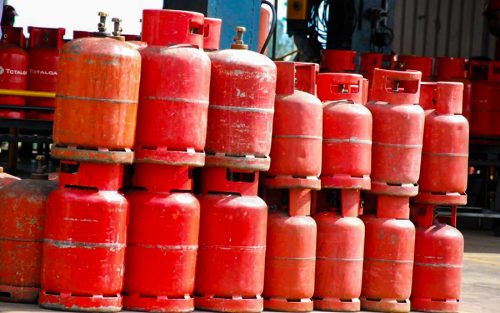Investigations reveal that the Nigeria Liquefied Natural Gas Limited (NLNG) is contemplating a total shutdown of its six-train, 22 million tonnes per annum (MTPA) plant in Finima, Bonny Island, Rivers State, for a proposed maintenance operation scheduled to begin in February or March 2024. This routine exercise, while crucial for plant integrity, poses potential challenges such as exacerbating shortages of Liquefied Petroleum Gas (LPG or cooking gas) in Nigeria and impacting LNG supplies to European markets due to the Russia-Ukraine War.
Currently undergoing a mini shutdown for maintenance, NLNG faces production challenges stemming from feed gas supply shortages caused by oil theft and pipeline vandalism in the Niger Delta. This has led to under-capacity production, impacting domestic and international gas delivery, revenue generation, and the company’s YTD loss of $7 billion.
The upcoming maintenance shutdown may further hinder NLNG’s plans to begin domestic LNG supply to the Nigerian market, initially slated for July 2022. Operating at approximately 50% capacity, the company’s Train-7 project faces delays, with Train-8 and future expansions also at risk.
Sources indicate that the plant is currently on a “mini-shutdown” for a Catalyst change-out, but a major shutdown is anticipated in February or March. NLNG, a major LPG supplier to Nigeria, has committed 100% of its LPG production, leaving a supply deficit and contributing to retail price hikes. The company has delivered 380,000 metric tonnes of LPG this year, out of a 1.3 million tonnes per annum national consumption figure.
Additionally, NLNG is a significant European LNG supplier, exporting 9.4 billion cubic meters to Europe in 2022. The impending shutdown raises concerns about potential disruptions in LNG supplies during a time when the EU is looking to reinforce diplomatic ties with reliable partners to bridge the gas supply gap resulting from the Russia-Ukraine War.
NLNG’s Media and Communications department declined to comment on the shutdown plans as of the report’s filing. The development underscores the delicate balance between maintenance needs and ensuring uninterrupted energy supplies critical for domestic and international markets.










